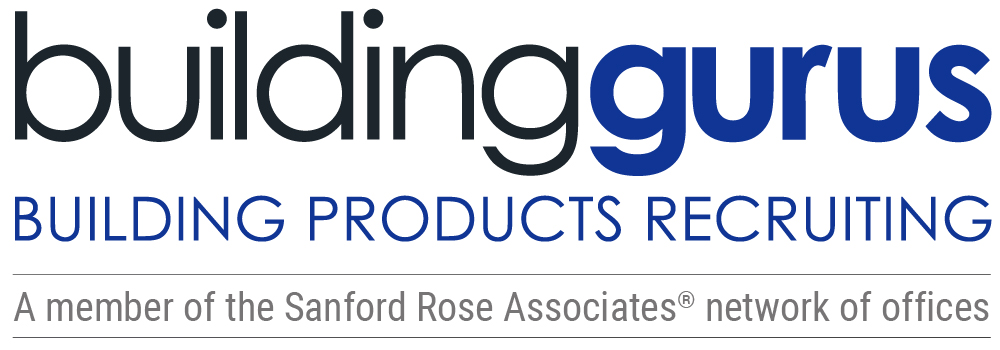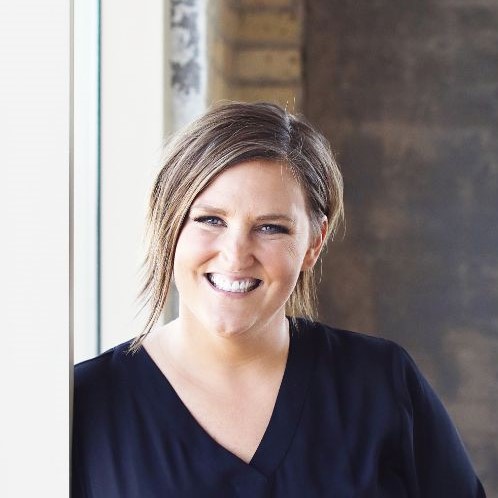Prospective employers usually want to talk about salary during an interview. You'll probably be asked about your current & past pay and what you are looking for going forward. Depending on where you live, there are laws that prohibit future employers from asking about your current salary.
Money is a touchy subject and there are many theories on how you should handle pay questions. As a recruiter, I have asked thousands of people in the building products industry these questions. I always advocate for honesty and being explicit.
Some people say you should give vague answers until the other side throws out a number. I am here to tell you that only irritates interviewers. Sure, you can say “I am confident that you will make me a generous offer” – after you have given an idea of your salary needs.
The reason you are asked about compensation is to make sure you are in the realm of what the company can pay. It helps the interviewer determine if you will fit in, have room to grow and will stick around.
Talk About Compensation With Ease
Here are a few questions you can expect along with my suggestions for how to best address them:
Current Pay
Question – How much are you earning in your current position?
Answer – I am currently earning between $120 to $125 thousand dollars annually. After my next review, I anticipate being around $130 to $135K.
You’ll notice we gave a range, yet were fairly specific. This is a powerful answer for two reasons: it saves everyone time and shows you are comfortable discussing money, demonstrating maturity and confidence.
Let’s say the role would pay out max $85K.
The pays scale is beneath your current level of success and you are out of their league. You both walk away from the interview without hard feelings. However, you'll leave a positive impression with your ability to discuss a sensitive subject. In the future, if a better matching role is available, you might get a call.
If an interviewer wants an exact number for any year’s salary, and you're comfortable with sharing it – just share it. It's good to look at your W2's so you can give them a total compensation number, not just a salary. You can also break down your total compensation into base, benefits, reimbursements and bonus potential.
Whatever you do, don’t inflate your numbers. It’s easy to spot a liar and it isn’t super hard for them to find out the truth. It's 100% ok to expect a bump in pay to make a change and be sure to share that, but if you get caught lying about your past earnings it's a deal killer for most companies because they aren't sure what else you'll be willing to lie about.
Future Desire
Question – What sort of salary/compensation would you be expecting if you come to work for us?
Answer– I see this as a fantastic opportunity and am confident you'll make me a fair offer based on my abilities and future potential.
You can also ask if they have a range for the position. Larger companies often do. Small to Medium companies often do not. So, if they say they don't – they probably are waiting to learn what they will need to pay.
You'll see that I do recommend being a bit coy to a point with this question. You show trust you'll be fairly compensated and leave wiggle room.
If you are pressed for an exact number, I would say: “For the increased responsibilities and duties in this role, I would like to be around $135k+.”
The problem with giving an exact figure is that it locks you in. It might be too high and eliminate you from moving forward. Or it could be much lower and some companies might take advantage of it.
Most people want a bump in salary when they take on more responsibility. Figure out an increase you would be happy accepting. But, be reasonable.
Don’t Jump The Gun
Don’t be too hasty to discuss salary with a prospective employer. Focus on establishing rapport and demonstrating why you'll succeed. If you bring it up or talk about it right away, you come off looking like someone only interested in the pay.
An interview is the time for you to showcase how you can benefit the company and for you to learn about ALL of the reasons why a role will be a great next step in your career. Prepare to discuss salary like a pro to succeed.










